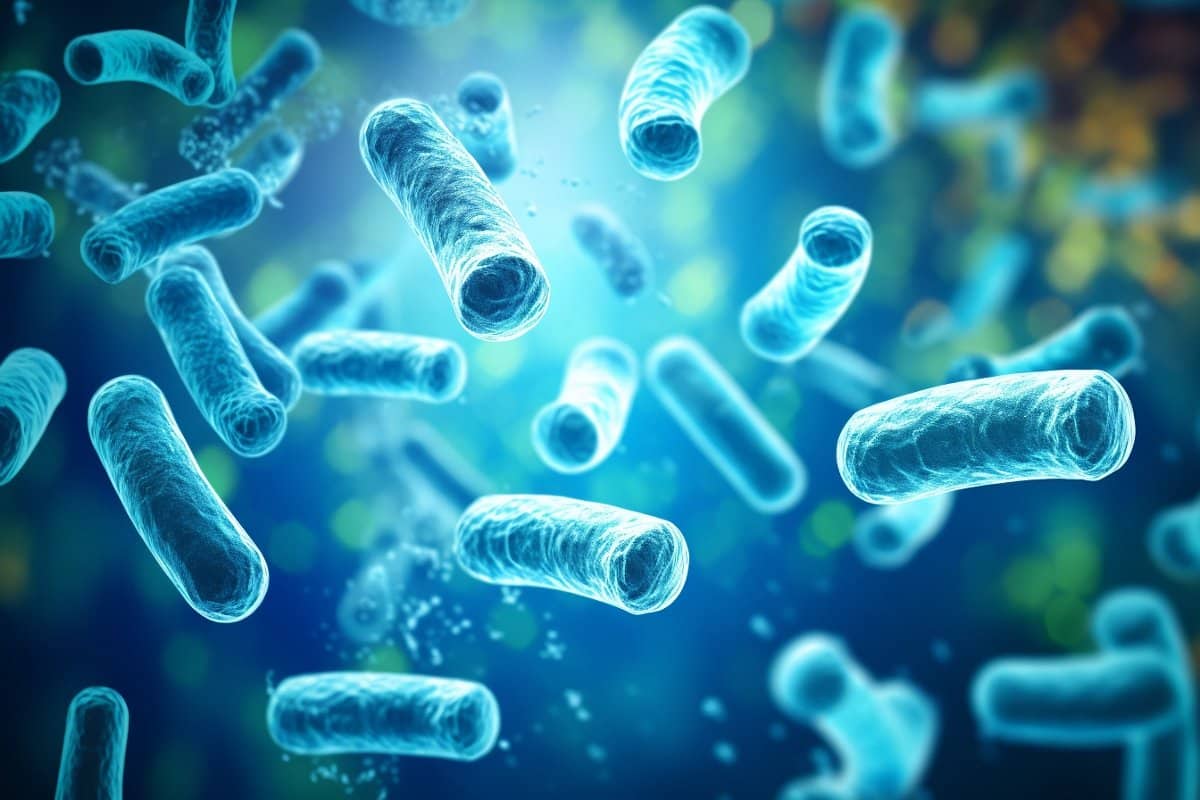New Research Shows How a Bacterium in Yogurt May Help Manage Stress and Prevent Depression and Anxiety A recent study highlights the significant role of Lactobacillus, a bacterium commonly found in fermented foods and yogurt, in promoting stress management and potentially averting mental health issues like depression and anxiety. What sets this research apart is its laser focus on Lactobacillus, which differentiates it from other types of microbiota, or microorganisms.
The study discovered that Lactobacillus is instrumental in maintaining interferon gamma levels, which are crucial for managing stress and maintaining mental well-being. These findings present exciting new prospects for developing treatments for various mental health conditions.
Key Facts:
– Lactobacillus, a lactic acid-producing bacteria present in fermented foods, plays a pivotal role in regulating the immune system and influencing mood disorders.
– The research has successfully identified and isolated the specific effects of Lactobacillus, demonstrating its essential role in maintaining interferon gamma levels, which are vital for managing stress.
– This ground-breaking research sets the stage for exploring new probiotic treatments for addressing conditions such as anxiety and depression.
This work was conducted at the University of Virginia School of Medicine, where researchers investigated Lactobacillus, a bacterium commonly found in fermented foods and yogurt, that helps the body manage stress and offers potential preventive measures for depression and anxiety. This discovery has the potential to open new doors for treating mental health conditions.
Additionally, this new research from UVA’s Alban Gaultier, Ph.D., and collaborators is groundbreaking because it zeroes in on the role of Lactobacillus, isolating it from the multitude of other microorganisms residing in the human body. The microbiota, or the collection of countless bacteria, fungi, and viruses inside human bodies, has garnered increasing attention from scientists striving to combat diseases and improve overall health. The recent project at UVA has made significant strides in understanding the specific role of individual microbes, potentially leading to the development of novel treatments and cures for numerous diseases, both physical and mental.
The research illuminates how gut-resident Lactobacillus influences mood disorders by modulating the immune system. The findings could hold the key to discovering much-needed therapeutics for addressing anxiety and depression, says Gaultier. The study also highlights the vulnerability of microbiota disruptions to environmental exposures, such as changes in diet or illnesses. Altered Schaedler Flora, a collection of bacteria including two strains of Lactobacillus and six other strains, enabled researchers to study the influences and interactions of these bacteria.
“This research experiment shows promise for developing new probiotic treatments such as specifically formulated supplements aimed at optimizing the levels of Lactobacillus that could prevent or aid in treating anxiety and depression. It’s exciting to explore approaches that could maintain a healthy level of Lactobacillus and/or interferon gamma in the pursuit of preventing and treating these mood disorders,” explains researcher Andrea R. Merchak, Ph.D.
The research findings, published in the journal Brain Behavior and Immunity, were a joint effort by Merchak, Samuel Wachamo, Lucille C. Brown, Alisha Thakur, Brett Moreau, Ryan M. Brown, Courtney Rivet-Noor, Tula Raghavan, and Gaultier, who don’t have any financial interests in the work. The study received financial support from various sources including the National Institutes of Health, the Owens Family Foundation, the Miller Family, and the UVA Presidential Fellowship in Neuroscience, among others.


